|
I hate stereotypes about women as much as anyone else... but here's one that's actually true:
Almost everyone who participates in teen travel tours, service trips, and summer abroad programs... is a girl.
You wouldn't guess it from looking at the websites and social media pages of these programs, because they often instruct their trip leaders to try to make the gender ratio look more even than it really is (even if that means putting young-looking male counselors in the photos). This is something I noted in Why Women Travel Solo More Than Men, but I thought it deserved its own, individual post. On the one hand, I don't think the gender ratio is a good reason not to travel (as a girl, I would have loved spending my summer with 70-90% girls, and as a boy in today's digital world, it's good for you to be around girls for a few weeks, instead of just jerking it to porn and further stunting your social skills all summer). On the other, I think people deserve to know what they're signing up for.
Image: @TheHappyTalent on Instagram
Like, I was talking to a friend a while back about his experience as a SPOT leader for Stanford's orientation program. There are a few different kinds of SPOT trips, but many are backcountry backpacking trips. When I was at Stanford, SPOT was smaller, and not everyone got invited. Now, every incoming freshman has the option of participating. However, what I would have assumed would happen on a SPOT trip is that I'd learn outdoor skills, like reading a map, using a compass, planning a backpacking trip, etc. But apparently, SPOT is a modern-day Stanford Prison Experiment. Like prisoners, who have zero autonomy over their own lives and don't even get to know what time of day it is, SPOT participants never get to know what time it is, where they are going that day, or what the plan is. Moreover, students are required to report to their trip leaders every time they poop -- whereupon they are asked to describe the quality or consistency or whatever of their poop. If it were me... I would have snuck off in the middle of the night and hitchhiked back to campus, because I detest being treated like a baby. And if it were you... maybe you wouldn't have cared. Everyone's different. That's fine. I just think people deserve to know what they're signing up for. Why boys don't participate in these programs is an interesting question. The answer could relate to a difference in maturity levels. It could be differences in summer sports training -- but that would surprise me, since girls participate in fall sports, too. It could be a difference in social and emotional development. As I wrote in Why Women Travel Solo More Than Men:
It's not like girls are perfect, or navigate the whole social media/digital world any better than boys. In fact, as I wrote in Today's Young Women Feel Less Control Over Their Bodies Than Their Grandmas Did. It's Because of Smartphones: Kids from past generations learned to say no by doing it. Playing unsupervised, they resolved their own disputes in the sandbox. By testing each other's boundaries, they learned how to say, "Yes, I like it when you squirt me with the hose!" and, "No, I don't like that -- please stop!" But... at least they still crave experiences and want to become more worldly. Which is a good thing. Travel is a wonderful skill that will help you stay happy for the rest of your life. Not because you need travel to be happy (if you need to travel to be happy, then you might need to work on your playfulness and leisure skills), but because research shows experiences make you much happier than things. Especially as a teenager in a generation that was likely helicopter parented and over-supervised their whole life, it's extremely beneficial to take small steps towards independence and autonomy.
Chillling with a Balinese fire dancer. Image: @TheHappyTalent on Instagram.
Moreover, I've found that one of the best ways to stay mindful, excited, and happy in everyday life, rather than feeling miserable and falling into a "boring" routine, is by harnessing the mindset you use when you travel, and taking it home with you. There's no reason every day can't be an adventure. There's no reason strangers should only be interesting in Costa Rica, or farmers markets should only be adventures in Thailand. The right teen travel program will help your child learn to immerse herself (or, 10% likely, himself) in an experience, so they come home not just more worldly and mature... but also more mindful and happy. That said, one great question to ask representatives as you evaluate different teen travel programs would be, "What percent of the time do trip leaders spend playing paparazzi for the kids (which completely takes kids out of the moment), rather than actually modeling travel skills that will empower teens to travel on their own in the future?" Because when I led an Experiment in International Living trip in 2010, my job was to empower my students; whereas nowadays, some programs, like Travel for Teens, actually require every single counselor to take 100+ "usable" photos per day. Then they sell the photos back to parents and/or use them for promotional purposes. Which is just... sad. And will not teach your kids how to be immersed in a moment. Other questions to ask:
This is an important question, because some programs put zero effort into planning their service projects. They will literally bring in 20 kids per summer just to paint the same fence at the same school over and over. So make sure the project is actually going to be enriching for your child (something, perhaps with some educational component, like an archeology dig or population studies or turtle conservation, rather than digging holes or painting fences for three hours a day). The "challenge vs. mastery" bit is because, in order to achieve a psychological state of flow, or total immersion in an activity, students must face some level of challenge (because without challenge, it's boring) and mastery (because without mastery, it's frustrating). Read more about flow in Flow: The Psychology of Optimal Experience.
Everyone says their number one concern is safety. What they don't tell you is that sometimes, they are too cheap to train their leaders in first aid. They may "require" leaders to have some kind of certification... But you can literally buy those online for, like, $17. Which is why I would only use a teen travel company that provided free training and certification to its employees.
If they give you some wishy-washy, indirect answer, or try to make it sound like it's 50-50 -- great! Now you know you can't trust them. If they're willing to mislead you about the gender ratio, what else might they be misleading you about?
I've heard horror stories from students who attended Rustic Pathways and Travel for Teens about traveling in some gorgeous destination... and having ridiculous rules imposed on them, like, "No going in the water above your knees," or, "No swimming." This is some infantilizing, fun-killing awfulness. If you want to make sure this doesn't happen to your child while they're on the three-week trip you just paid $7,000 for... you need to specifically ask. Maybe even get it in writing. Because I would be absolutely outraged if this happened to me or my kid. It's worth noting that the company might not have a specific policy, which is why you should ask specifically about trip directors/leaders.
Kitesurfing at Qi Kitesurfing Palawan, near El Nido in the Philippines.
Basically every single teen travel company boasts that the reason it's different from other teen travel companies is because they teach students to be travelers, not tourists. How, specifically, do they do that? Ask what skills the child will learn. Ask about the ways in which the child will be independent. Ask about their cell phone policy (I personally don't think kids should have their phones with them during the day, or even necessarily at all during the trip). Because many companies claim they teach your child to be a traveler... then they have counselors constantly entertaining them by having them do group cheers and play icebreakers and games... which seems kind of touristy and infantilizing to me. But... maybe the kids like it?
The brochure may have bragged that students will scuba dive in the Mediterranean or ride horses on the beaches of Ireland or visiting the Harry Potter set in London... But that doesn't mean the cost of those activities is included in the tuition you're paying. Some of the major draws to each trip might count as some kind of "add-on" or "optional excursion" or something. The counselors will push students to book these extras, because the more students who sign up, the more counselors can go on the excursion. *** I'll end by saying: You may not end up finding a "perfect" trip for your child. But by doing some research and asking the right questions, you'll find a good fit that's totally awesome and transformative and makes your child a happier, more worldly and independent person. Anything I forgot? Let me know in the comments, and don't forget to follow me on Twitter, Facebook, and Instagram!
0 Comments
Leave a Reply. |
About the Author

Eva is a content specialist with a passion for play, travel... and a little bit of girl power. Read more >
Want to support The Happy Talent? CLICK HERE!
Or Find me on Patreon!
What's Popular on The Happy Talent:
Trending in Dating and Relationships:
What's Popular in Science: Playfulness and Leisure Skills:
Popular in Psychology and Social Skills:
Categories
All
|
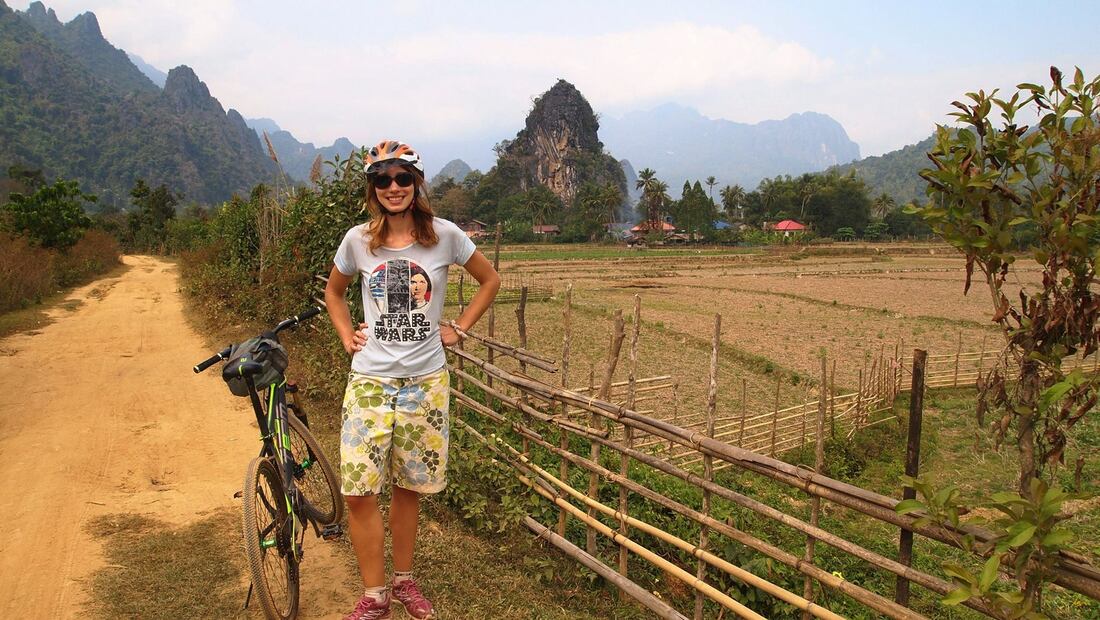
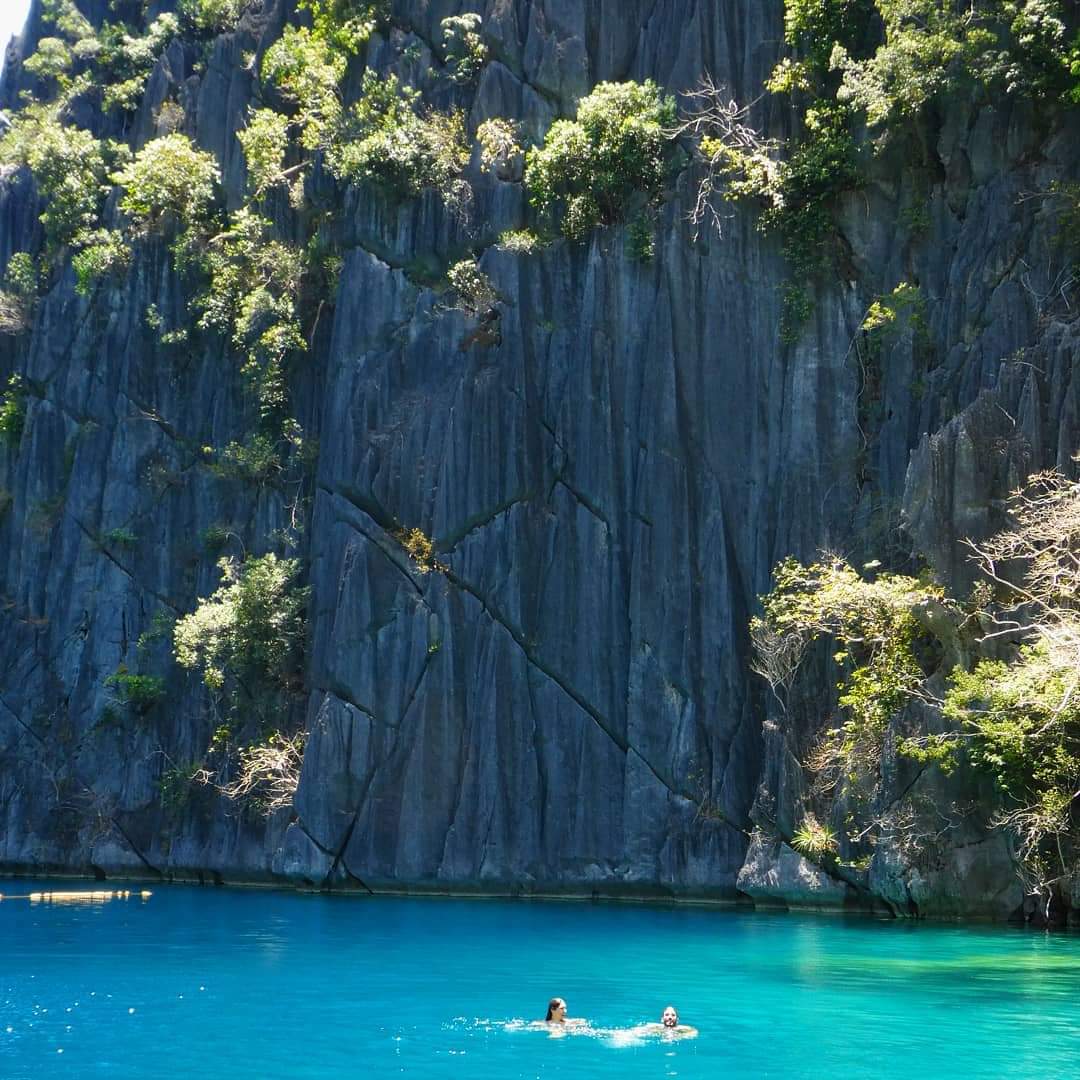
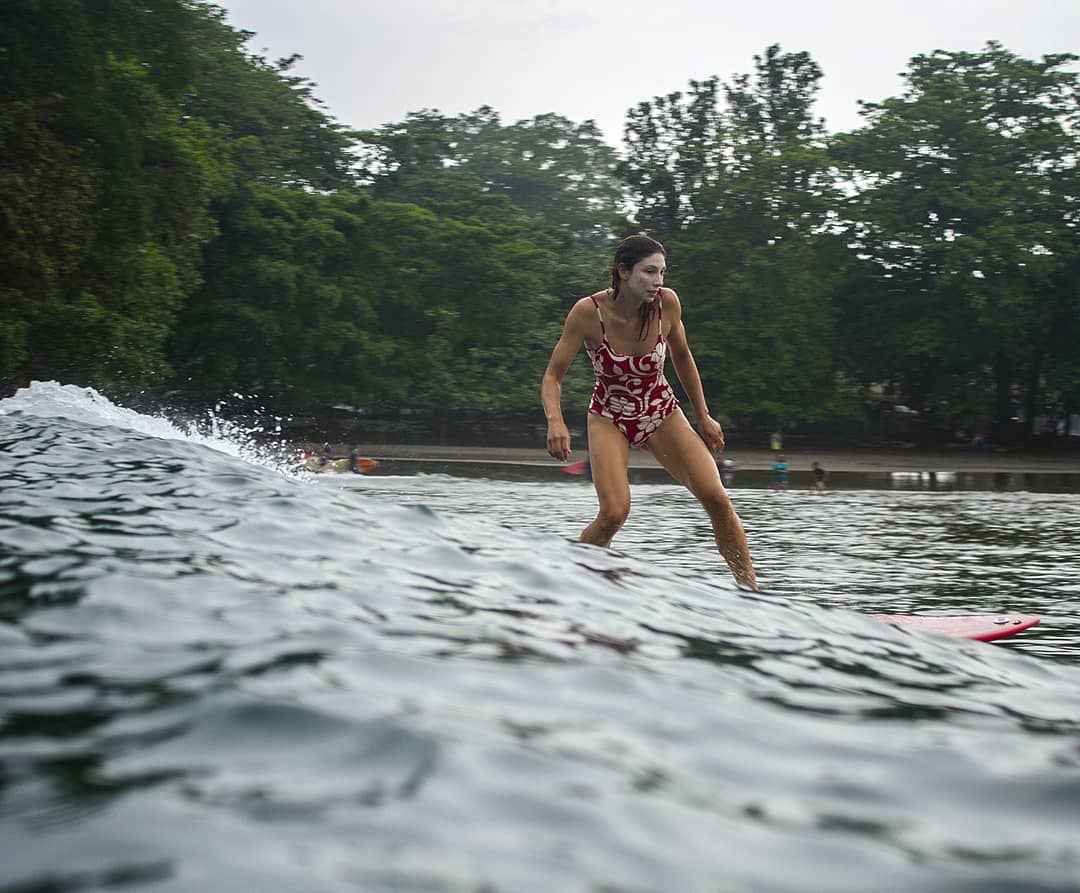
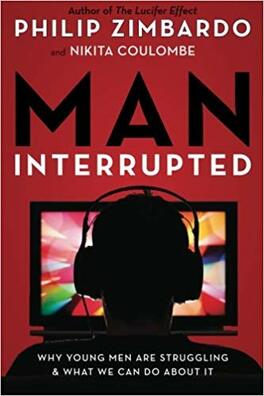
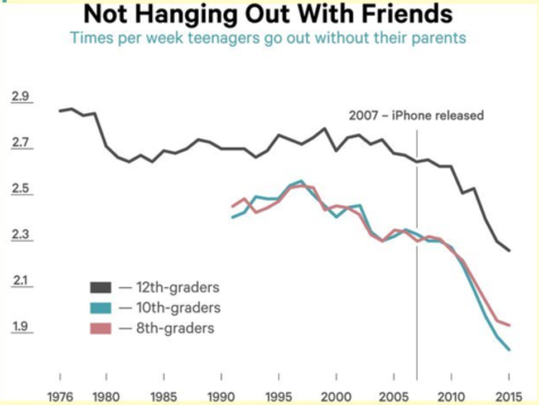
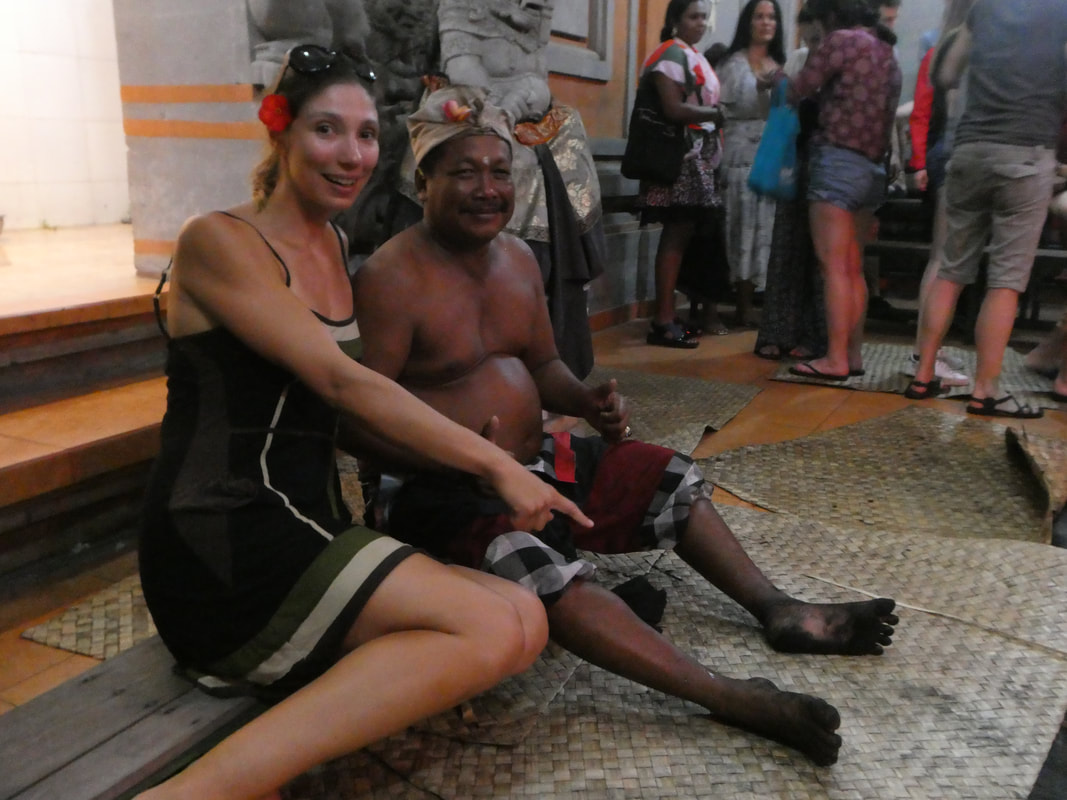
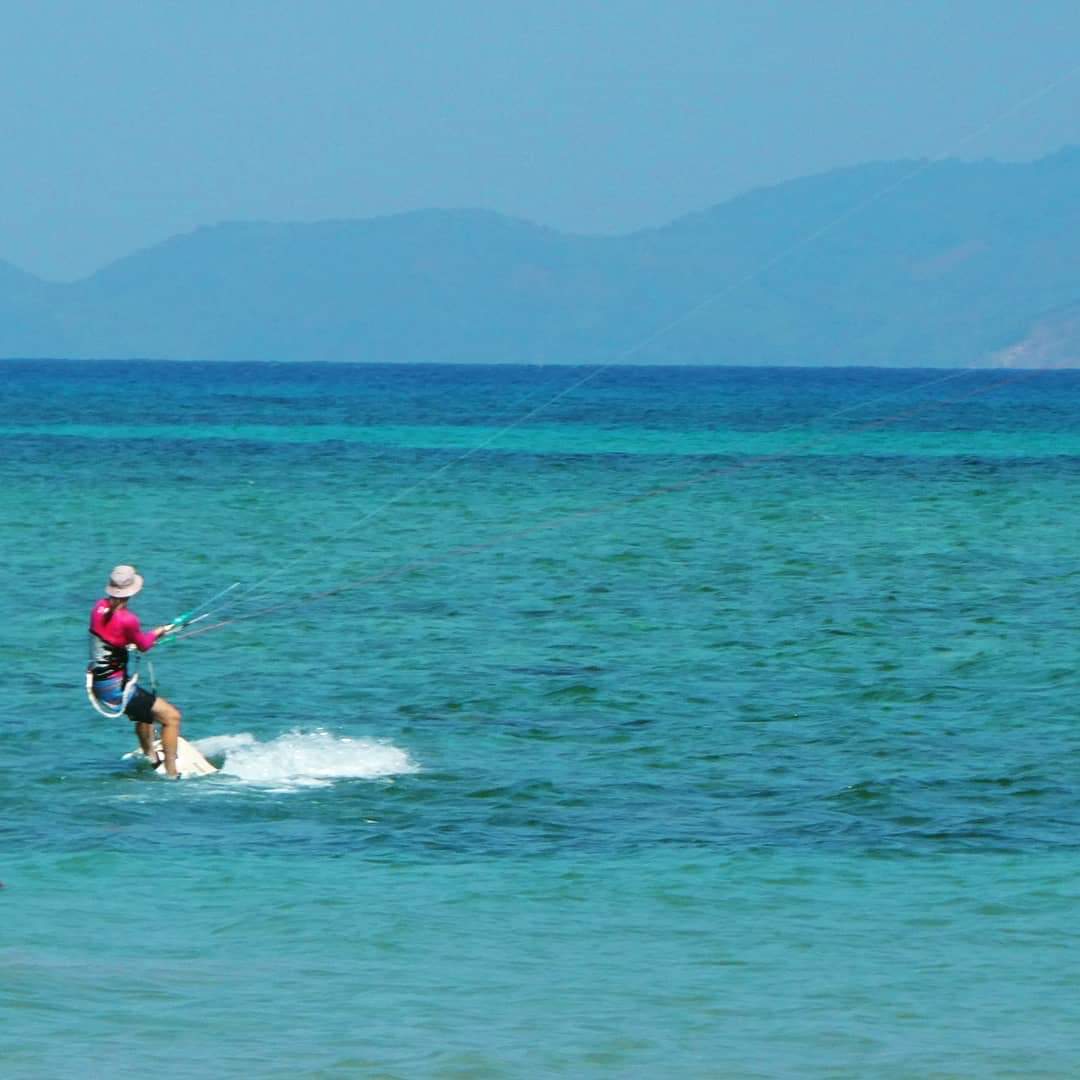

























 RSS Feed
RSS Feed